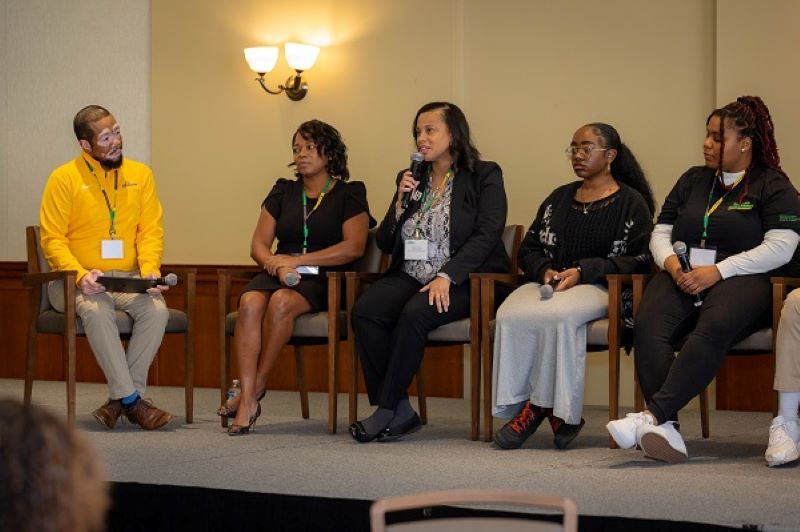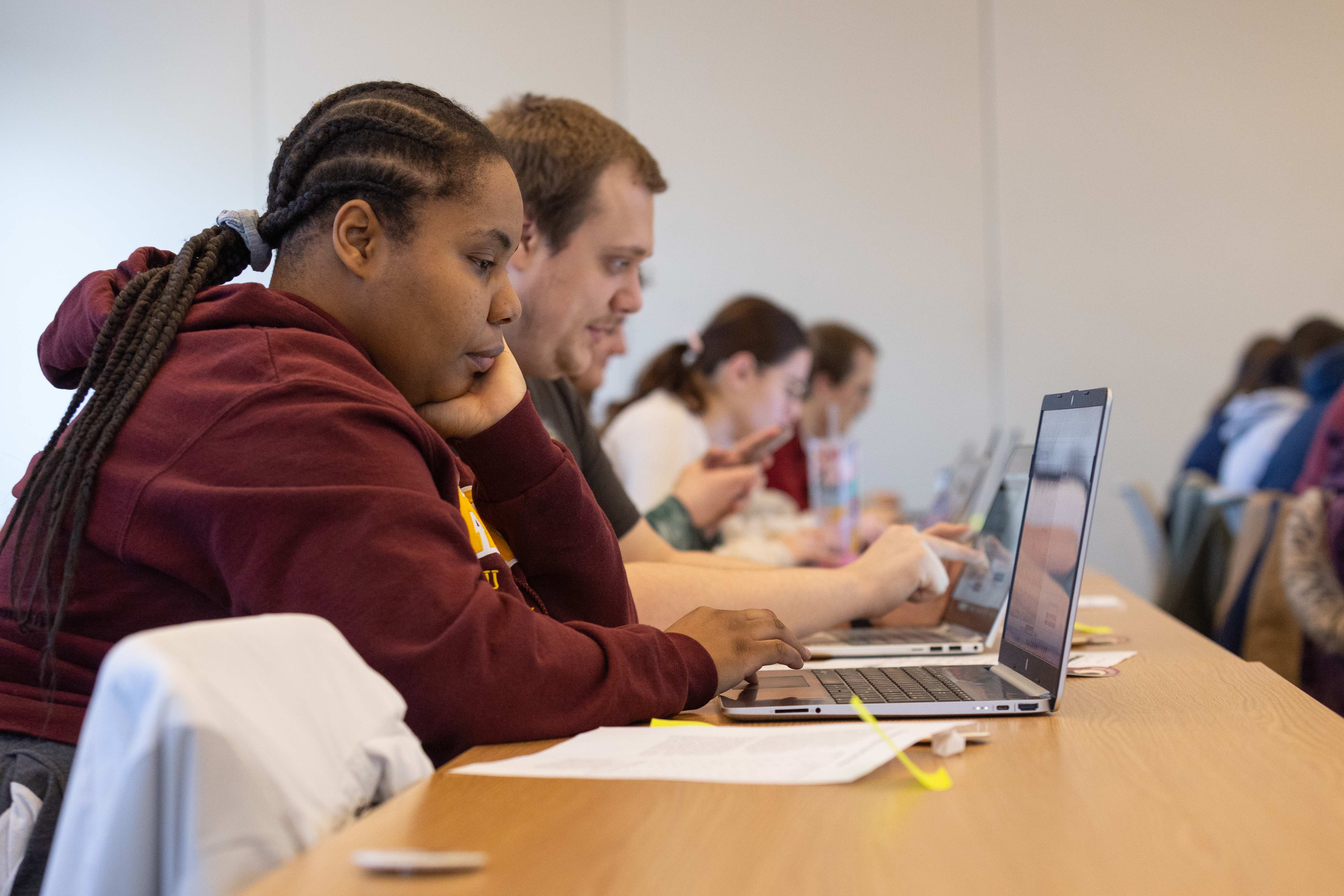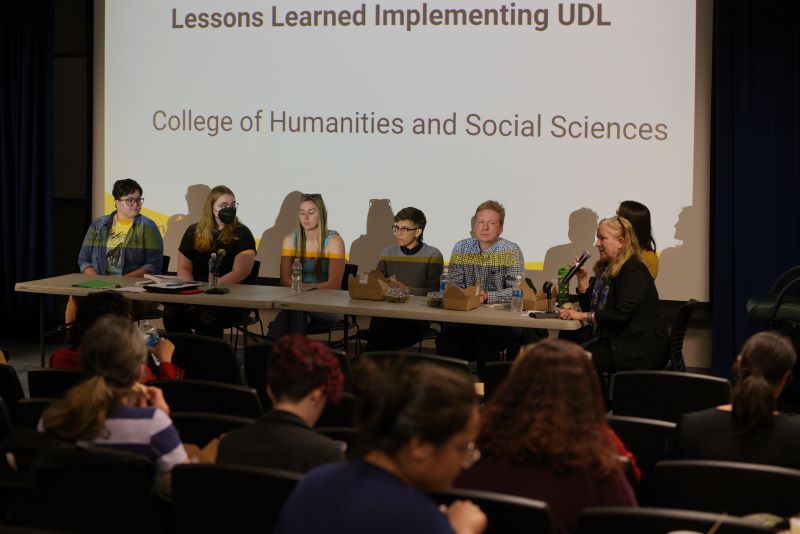Inclusive Excellence, Community and Belonging
Inclusive Excellence, Community and Belonging
Inclusive Excellence, Community and Belonging
This page highlights ongoing efforts by History faculty and students to uphold our mission of inclusive excellence in classes, programs, and collaborative projects. The History Department collaborates with centers and programs across campus in these efforts, including the Center for Interdisciplinary Studies, Center for Digital Humanities Research, Women and Gender Studies, Africana Studies, Asian Studies, and the Rowan Center for the Study of the Holocaust, Genocide, and Human Rights.

Establishing a Black Humanities in Education Through History and Culture – Funded by the National Endowment for the Humanities
The NEH grant entitled Establishing a Black Humanities in Education Through History and Culture (BHE) Initiative, directed by Dr. Chanelle Rose, supports the development and instruction of content knowledge for preservice and in-service teachers. Humanities courses taught by faculty from History, English, and Philosophy will examine the rich history and culture of African Americans to foster a deeper understanding of the U.S. Black experience, with a particular focus on southern New Jersey.

Douglass Day Transcribe-a-thon
Every year on February 14, the History Department and the Center for Digital Humanities Research join other universities in a nationwide interactive event to transcribe the papers of Frederick Douglass and documents about African American history and make them more widely accessible online. This interactive event led by Dr. Jessica Mack engages Rowan students, faculty, and community members across campus to contribute to the national Douglass Day project founded at Penn State's Center for Black Digital Research.

Asian American Pacific Islander Heritage Month
Since the 1990s, Asian American Pacific Islander (AAPI) Heritage Month has been observed every May across the United States under federal law. For near three decades, Rowan University has commemorated this significant month in April, aligning with the academic calendar. These celebrations, organized by the Asian Studies Program feature a rich array of academic talks, student-led activities, faculty-student roundtable discussions, and more. Notably, the festivities include the highly anticipated Asian Extravaganza. The month-long celebration highlights the cultural richness and diversity of Asian communities and promotes awareness that underscores the significant contributions of Asian Americans to American society.

Universal Design for Learning
Many History Faculty have made the decision to teach using a pedagogical approach called Universal Design for Learning (UDL), which involves designing courses with universal access and inclusion in mind, by, for example, allowing more student choice in assignments, incorporating flexible deadlines, or encouraging students to revise and resubmit their work. As the UDL fellow, Dr. Kelly Duke Bryant has offered training and mentoring in UDL teaching methods for faculty. Our department appreciates the ways that UDL can maximize student engagement and inclusion regardless of ability, disability, background, and obstacles to learning by providing choice in how to engage with course content and assessment and by offering various supports for learning. Many of us have found that in addition to the important work it does in supporting students with disabilities, UDL goes a long way to promoting inclusion, belonging, and a sense of ownership in learning among all students.



